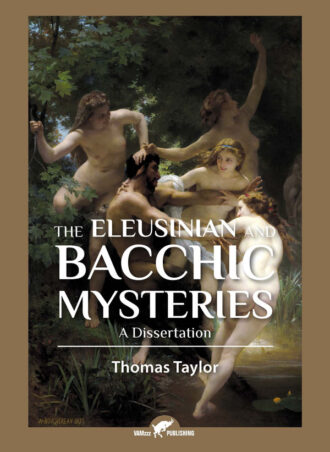Biography

Thomas Taylor
Thomas Taylor (15 May 1758 – 1 November 1835) was an English translator and Neoplatonist, the first to translate into English the complete works of Aristotle and of Plato, as well as the Orphic fragments. He was born in the City of London, the son of a staymaker, Joseph Taylor and his wife Mary (born Summers).
He received his education at St. Paul’s School, and devoted himself to the study of the classics and of mathematics. After first working as a clerk in Lubbock’s Bank, he was appointed Assistant Secretary to the Society for the Encouragement of Art (a precursor to the Royal Society of Arts), in which capacity he made many influential friends, who furnished the means for publishing his various translations, which besides Plato and Aristotle, include Proclus, Porphyry, Apuleius, Ocellus Lucanus and other Neoplatonists and Pythagoreans. His ambitious aim was the translation of all the un-translated writings of the ancient Greek philosophers. The texts that he used had been edited since the 16th century, but were interrupted by lacunae; Taylor’s understanding of the Platonists informed his suggested emendations. His translations were influential on William Blake, Percy Bysshe Shelley and William Wordsworth. In American editions they were read by Ralph Waldo Emerson, Bronson Alcott, and G. R. S. Mead, secretary to Helena Blavatsky of the Theosophical Society.
Read more about Thomas Taylor in the Post Scriptum of 'The Eleusinian and Bacchic Mysteries'.

